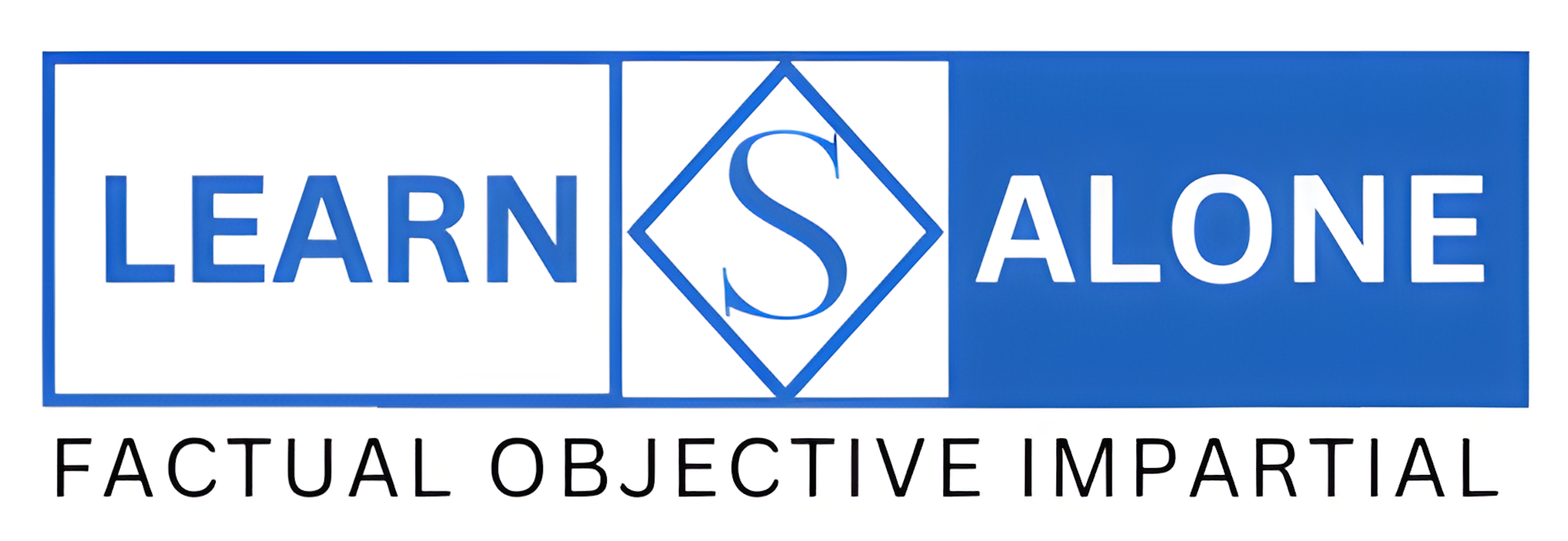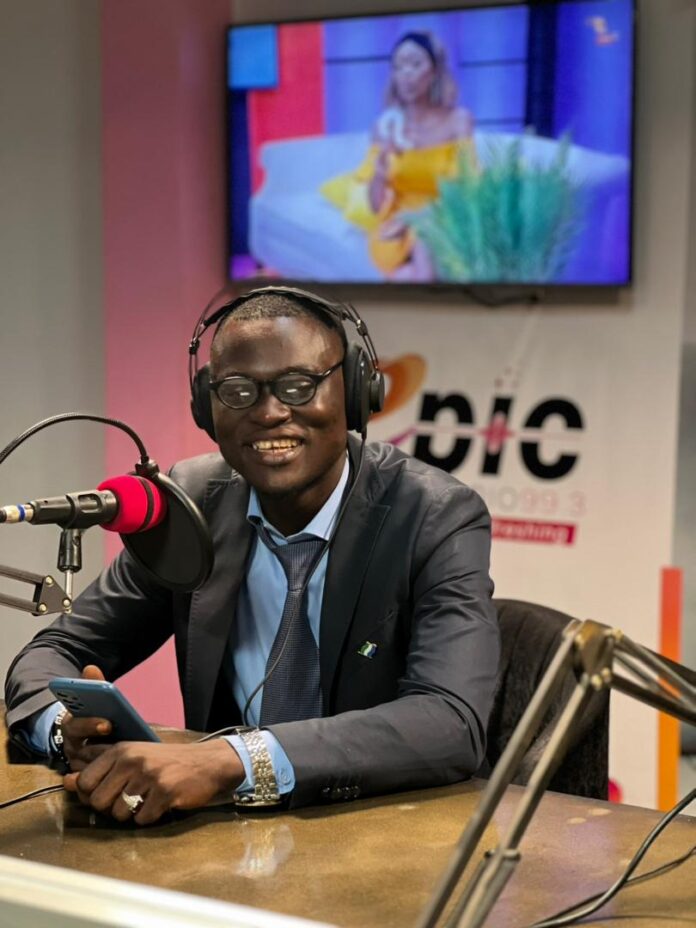Journalist Melvin T. Mansaray has strongly criticized the Anti-Corruption Commission (ACC) of Sierra Leone for its previous decision to publicly name and shame teachers accused of corruption, describing the practice as illegal and outside the scope of the Commission’s legal authority.
Speaking on The Epic Morning Show on Monday, June 14, Mansaray alleged that the ACC selectively targets ordinary citizens while shielding senior government officials. He argued that the institution has been politicized; noting that the ACC Commissioner is appointed by the President, a structure he believes compromises the Commission’s independence.
Mansaray further accused the ACC of conducting what he termed “ghost recoveries” and demanded the publication of a full and transparent database detailing who has repaid misappropriated funds and in what amounts. He also called for public access to asset declarations made by public officials.
In response, Alex A. Bah, Public Relations Assistant at the ACC, defended the Commission’s operations, saying it continues to uphold its mandate with transparency and accountability. He cited Sierra Leone’s high asset declaration compliance rate — one of the best in Africa — and noted that sanctions for non-compliance have already been legislated by Parliament.
Bah rejected claims of bias and highlighted a recent case involving the wife of the Clerk of Parliament, Paran Tarawallie, who was penalized with a ban from public office and ordered to pay a fine. He said the matter was handled lawfully and transparently.
Responding to criticisms about lack of transparency, Bah stressed that the ACC regularly updates the public through press releases and media briefings. He also noted that other African nations, including Cameroon, have consulted Sierra Leone for guidance on anti-corruption efforts.
On the issue of naming and shaming, Bah confirmed that the Commission has largely moved away from the practice following public disapproval, but insisted that all actions taken previously were in line with the ACC’s commitment to deter corruption.
The debate highlights growing concerns about the scope, fairness, and transparency of anti-corruption efforts in Sierra Leone, as the country continues to grapple with governance and institutional accountability.




